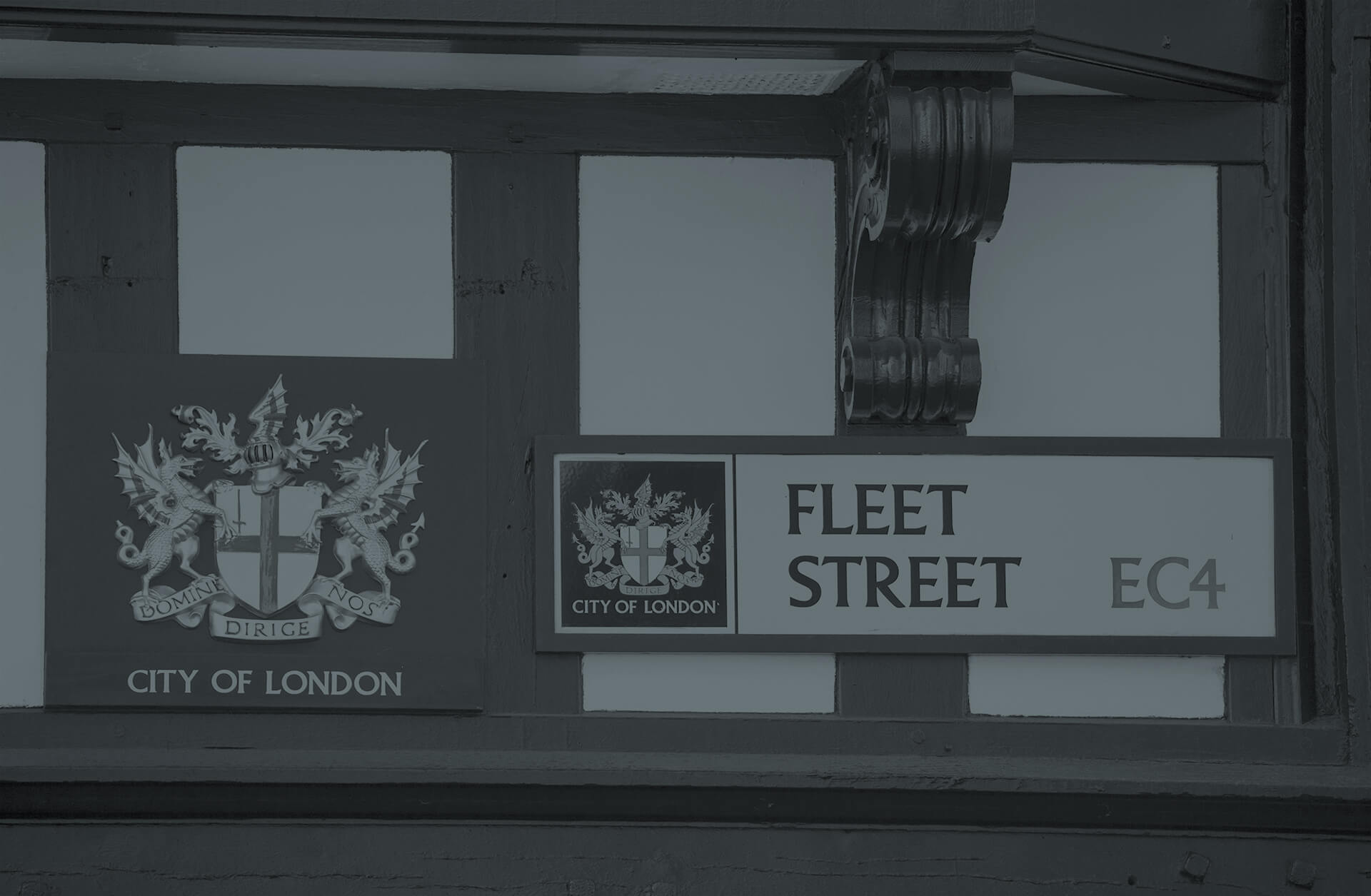Send your enquiry.
Contact us for a free, initial no obligation consultation.
"*" indicates required fields
Your information is safe and treated in accordance with our Privacy Policy
Our fraud solicitors defend those who have been accused of credit card fraud. There is no set definition of credit card fraud, but it involves stealing credit card details for personal gain, or to cause loss to another.
Fraud solicitors London
If you have been accused of credit card fraud, please speak to our fraud solicitor straightaway. We know how to defend fraud charges and will work hard to secure you the best possible outcome. We have offices throughout the country, with fraud solicitors in London, Leeds, Sheffield, Huddersfield and Dewsbury. For a free initial enquiry, contact us now at Ashmans Solicitors.
What is credit card fraud?
Credit card fraud is when credit card details are stolen and used to purchase items or secure funds.
In England and Wales, credit card fraud falls under the scope of the Fraud Act 2006, which replaced the deception offences in the Theft Acts 1968-1996. To be charged under the Fraud Act 2006, the prosecution must show that your behaviour was dishonest. It must also establish that your intention was to cause a loss to someone else or to make a personal gain. However, it does not actually matter whether or not a loss or gain has been made – the charges can still be upheld, even if the fraud was not ‘successful’.
Each section of the Fraud Act 2006 deals with a different type of fraud. These include:
- Fraud by false representation – such as using someone else’s credit card without their permission
- Fraud by failing to disclose information
- Making or supplying articles for use in fraud – such as making devices to read PIN entry devices or trap cards within ATMs
What are the different types of credit card fraud?
There are different ways in which credit card fraud might be committed. Some of the most common include:
-
Skimming or cloning credit cards
- This is when the information held on the card’s magnetic strip is duplicated without the owner’s knowledge. Usually, this occurs when someone inserts their card into a PIN entry device. The device copies the information on the magnetic strip and records the PIN number when it is punched in. These details can be used to clone a credit card.
-
Card trapping
- This is similar to skimming, but the owner’s card is trapped within a modified ATM machine. The PIN is either observed or recorded using a special device. The credit or debit card is later retrieved and can be used to make purchases.
-
Phishing emails for credit card information
- This is when people receive emails, supposedly from their bank or other service providers, asking them to input their card details. These emails are not legitimate and are used for the sole purpose of obtaining credit card information.
-
Internet fraud with credit cards
- This covers other types of internet fraud. Often, the credit card owner makes a purchase online, during which the credit card details are stolen. False websites have also been created, whereby people pay for a product that does not exist, during which their credit card details are obtained.
-
Lost or stolen credit cards
- This is when a credit card has been lost or stolen and is used to purchase items online or in-store. Contactless payments have enabled greater use of stolen credits in-store because a PIN is not needed.
What happens if I am accused of credit card fraud?
If you are accused of credit card fraud, it is likely that the police will ask you to attend the police station for an interview. The police may imply that it is a casual chat, but please be warned – anything you say at the police station will be recorded and can be used as evidence later on. Therefore, please ask one of our fraud credit card solicitors to accompany you. We can advise how to answer any questions, ensuring you do not accidentally damage your case.
If the police do not have sufficient grounds to charge you, you will probably be released under investigation. The police will then continue their enquiries before deciding whether to press charges. If you are formally charged, you will be given a time and date to attend a Magistrate’s Court where there will be a hearing. Again, we strongly advise that you have legal representation in court.
If the allegations are considered serious, your case will be referred to the Crown Court. If you intend to plead not guilty, there will be a trial.
Can the police search my home and seize my property?
Yes, the police can search your home for evidence if they have a valid search warrant. They can also seize your property and keep it for the duration of the investigation.
During the course of a credit card fraud investigation, the police will usually want access to the accused’s bank statements, financial assets and telephone records. They can obtain these items by asking the court for a search warrant. Once they have this, they can enter your home, search your belongings and access your electrical devices. They can also keep these items for forensic analysis.
Sometimes, suspects will even be placed under surveillance. The police are entitled to do this. Your assets – such as your bank accounts – may also be frozen during the investigation.
What are the penalties for credit card fraud?
The penalties for credit card fraud vary drastically, depending on the severity of the offence. Minor credit card fraud can result in a community order, whereas the maximum punishment under the Fraud Act 2006 is 10 years in prison. You may also receive a fine and be told to repay any funds that were fraudulently obtained. The court can achieve this by way of a Confiscation Order.
How will the judge decide on my credit card fraud sentence?
The judge will first consider the amount of harm that has been caused. A simple case of using a stolen credit card for some grocery shopping will carry a minor sentence, as opposed to large-scale organised criminal activity.
The judge will then decide whether there are any mitigating factors that should reduce the length of your sentence, such as:
- Whether you show any genuine remorse
- Whether you have any previous convictions
- Your character
- Your level of involvement in the criminal activity
- Whether you were coerced or forced into committing credit card fraud
If you accept the allegations, you may also want to enter an early guilty plea. This saves the judicial system from having to hold a trial, and in return, you may be given a more lenient sentence.
How do I defend allegations of credit card fraud?
Just because you have been accused of credit card fraud, does not mean that you will be found guilty. Our fraud solicitors specialise in this area of the law and will know the best defence to use in your particular case.
Sometimes, it will be a case of mistaken identity. This is where your identity has been stolen to mask the true suspects, meaning you have been wrongly implicated in credit card fraud. This is a highly distressing situation to be in. Our fraud solicitors will clear your name, ensuring your innocence is firmly established and your reputation upheld.
Other times, a more technical defence is required. The prosecution must prove a number of factors before you can be found guilty of credit card fraud. For example, your actions must actually meet the two-stage test for fraud, whereby your behaviour was dishonest and was designed for personal gain. Also, the evidence must prove your guilt beyond a reasonable doubt and must have been collected via legitimate means. If any evidence was obtained without the proper authority, it cannot be used against you.
Either way, defending a charge of credit fraud can be complex. We strongly advise that you ask our experienced credit card fraud solicitors to help you. We are highly experienced in defending credit card fraud charges and can manage your case from start to finish. If needed, we will call upon forensic experts to aid your defence. It may even be possible to get the allegations against you dropped before your case goes to court.
Legal advice from fraud solicitors London
If you have been accused of credit card fraud, please speak to our solicitors as soon as possible.
For a free initial enquiry, call us on 0333 009 6275. We are available to take your call 24 hours a day, 7 days a week.
You can also email us on enquiries@ashmanssolicitors.com or complete our Free Online Enquiry Form and we’ll be in touch soon.




